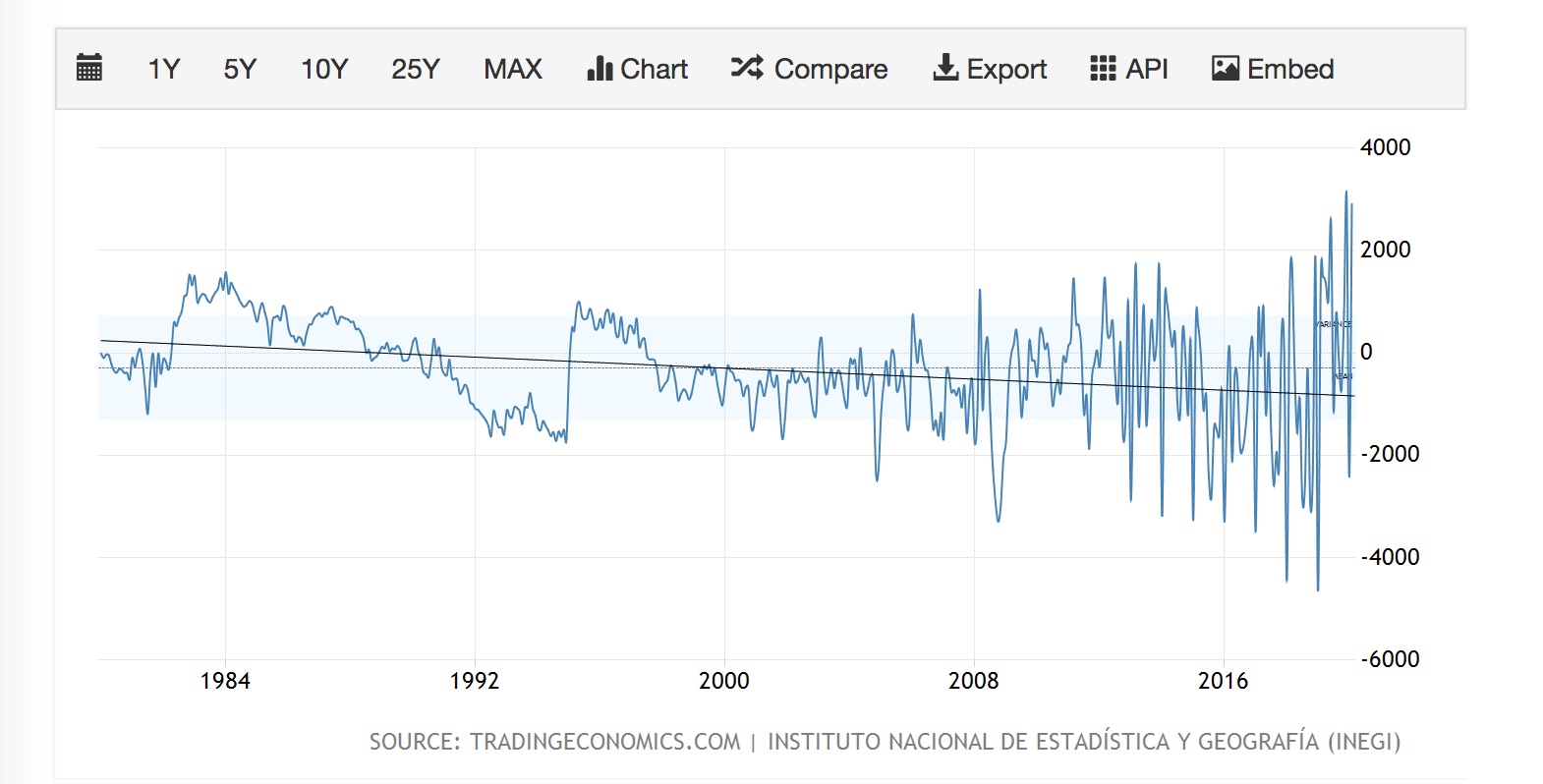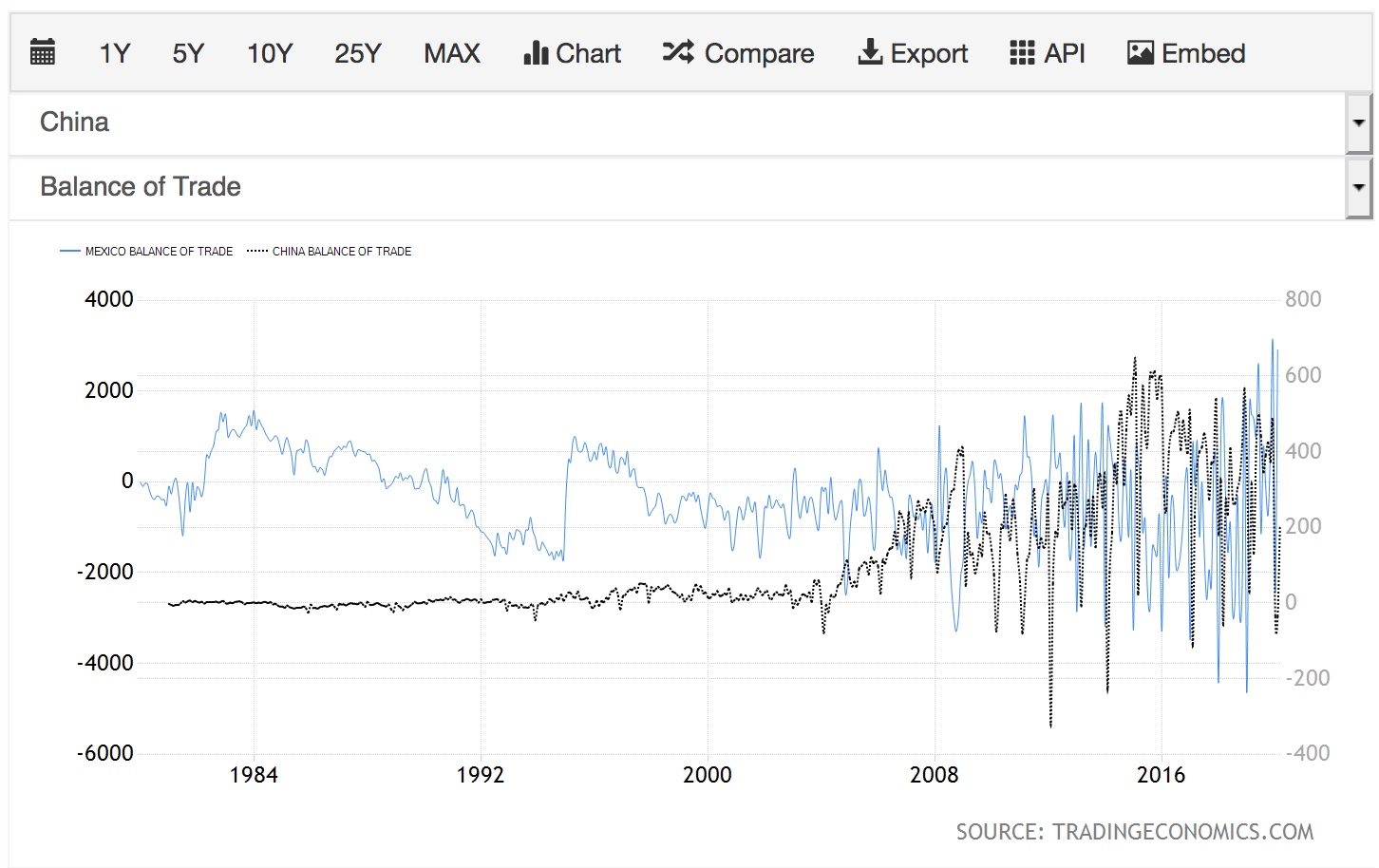And no, I’m not talking about That ’80s Show that was an abysmal failure (as they tried to follow the magic of That ’70s Show too soon with a cast that had no chemistry on set’s that had no style with laugh tracks recorded by people who were clearly trying not to cry), I’m talking about the decade. A decade you should have learned from, not forgotten.
And I’m not talking about the extreme fashions (such as the iconic big hair, the ripped jeans, the leather, the leather, the leather, etc.) the birth of the yuppies, the dominance of a republican regime that was, well, not run by corrupt or inept leadership, breakdancing, the rise of rap (even if it did tell us to fight the power with funky cold medinas), the great nuclear meltdown , or the fall of the Berlin Wall (although that should not be forgotten).
And while relevant, nor am I referring to the end of the Cold War (which indirectly led to more trade and globalism), the mass famine in Ethiopia (which gave us our first mass collaborations between musicians in the modern age), the rise of the personal computer (though very relevant to the world we live in today), the first mobile phones (which have now morphed into mobile computers that do everything, but, apparently make calls in the hands of a millennial), the rise of dungeons and dragons (which would have prepared you well for the endless entrapment in the dungeons we have created for ourselves), or ALF, even though he would make a much better world leader than many countries currently have (who insist on electing celebrities and populists instead of economists and politicians who actually have some idea how to run a country).
No, I’m asking you to remember Mexico, the country the current President of the United States wants to wall up, and the significant contribution they made to the North American economy. More specifically, the contributions Mexico made to the North American economy in particular. As per this graph below, which can be found on Trading Economics, you can see that from about 1982 to 1990, Mexico had a balance of trade consistently in its favour.

Why is this important? It’s important for the same reason that, during the same period, the balance of trade for China was significantly not in China’s favour, as per the graph below also from Trading Economics.

And that reason is …
Something you’d be well aware of if you’ve been reading this blog from the beginning and actually listened to the warnings the doctor gave you last decade about improperly designed supply chains. And that we’ll remind you of in our next post on the subject.
